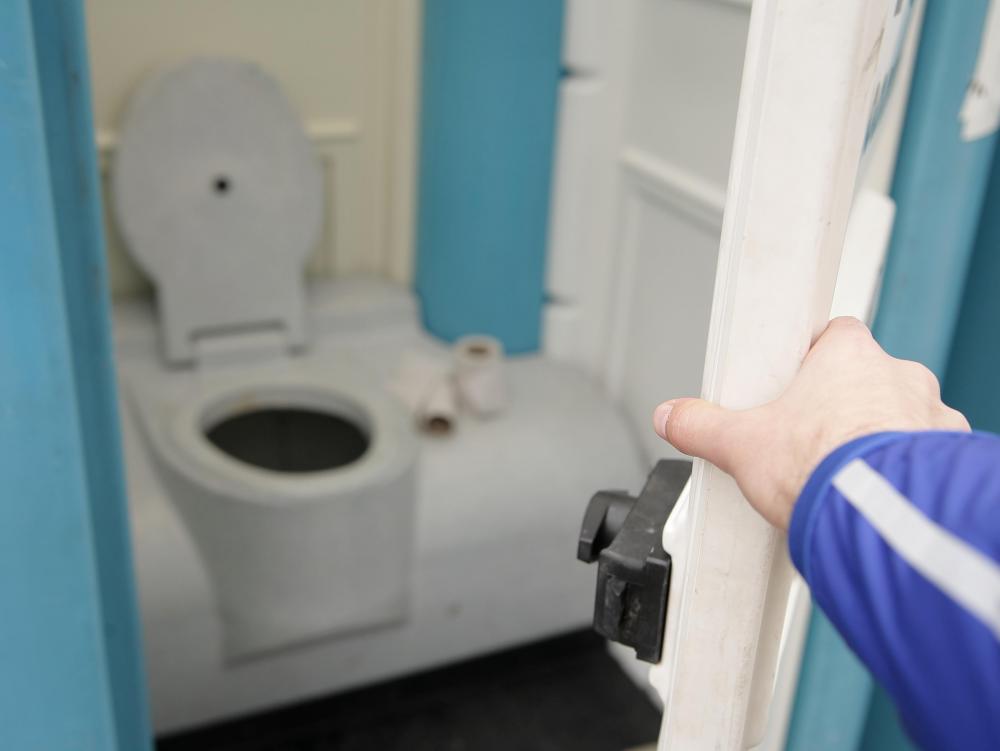At TheHealthBoard, we're committed to delivering accurate, trustworthy information. Our expert-authored content is rigorously fact-checked and sourced from credible authorities. Discover how we uphold the highest standards in providing you with reliable knowledge.
What is Pudendal Neuralgia?
Pudendal neuralgia is a chronic pain condition that affects the pelvic floor. Pain may occur in the genitals, perineum, and anus. Pain typically worsens throughout the day, especially with sitting. Pudendal neuralgia usually occurs with compression, rubbing, or stretching of the pudendal nerve. A number of conditions can cause symptoms similar to those of pudendal neuralgia, so this condition is normally diagnosed by process of elimination. Treatment may involve steroid or other injections, surgery, and prescription drugs.
The chronic pain disorder known as pudendal neuralgia often occurs as the result of nerve damage caused by frequent cycling or squatting exercises, childbirth, surgery in the pelvic area, or structural problems with the pelvic floor or sacroiliac joint. Other causes of this condition include chronic constipation, recurrent vaginal infections, and direct impacts to the coccyx. Symptoms can include tingling, burning or stabbing sensations, numbness, cold or twisting sensations in the genitals, anus, and perineum. Men and women may have the sensation of a foreign object trapped inside the anus or vagina, and pain and discomfort may occur on one or both sides of the pelvic floor.

Patients suffering from pudendal neuralgia may experience no discomfort upon waking, however, discomfort typically increases throughout the day, especially when patients sit upright. Sitting on a donut-shaped pillow, or lying down, can relieve pain and discomfort.
Pudendal neuralgia can cause sexual dysfunction in both genders. Both men and women may experience pain or numbness in the genital area. Women may have problems reaching orgasm. Men may experience painful erections and painful ejaculation. Problems with urination and defecation can also occur, ranging from feelings of constipation and urinary hesitancy to partial or complete fecal and urinary incontinence. Voiding the bowels and bladder may become difficult and painful.

Diagnosing pudendal neuralgia is often a matter of ruling out other possible causes for these symptoms. Conditions such as vestibulitis, pelvic congestion, interstitial cystitis, or coccygodynia can produce symptoms similar to those of pudendal nerve damage. Once a diagnosis is made, treatment can vary depending on the cause of nerve damage or entrapment.

Steroid injections administered to the pudendal nerve are often used to treat pudendal neuralgia. Steroids can help ease inflammation, allowing the nerve to heal. In may cases, a series of two to three such injections can resolve the chronic pain problem.
Anti-depressant drugs or anti-seizure medications may also be administered during treatment. For some patients, surgical decompression of the pudendal nerve may be a more effective treatment. Surgery is believed to be successful in about 60 percent of cases.
AS FEATURED ON:
AS FEATURED ON:
















Discussion Comments
Who do I turn to with that kind of pain in the rectum? Proctologist? Neurologist? Orthopedist?
Thanks.
Post your comments